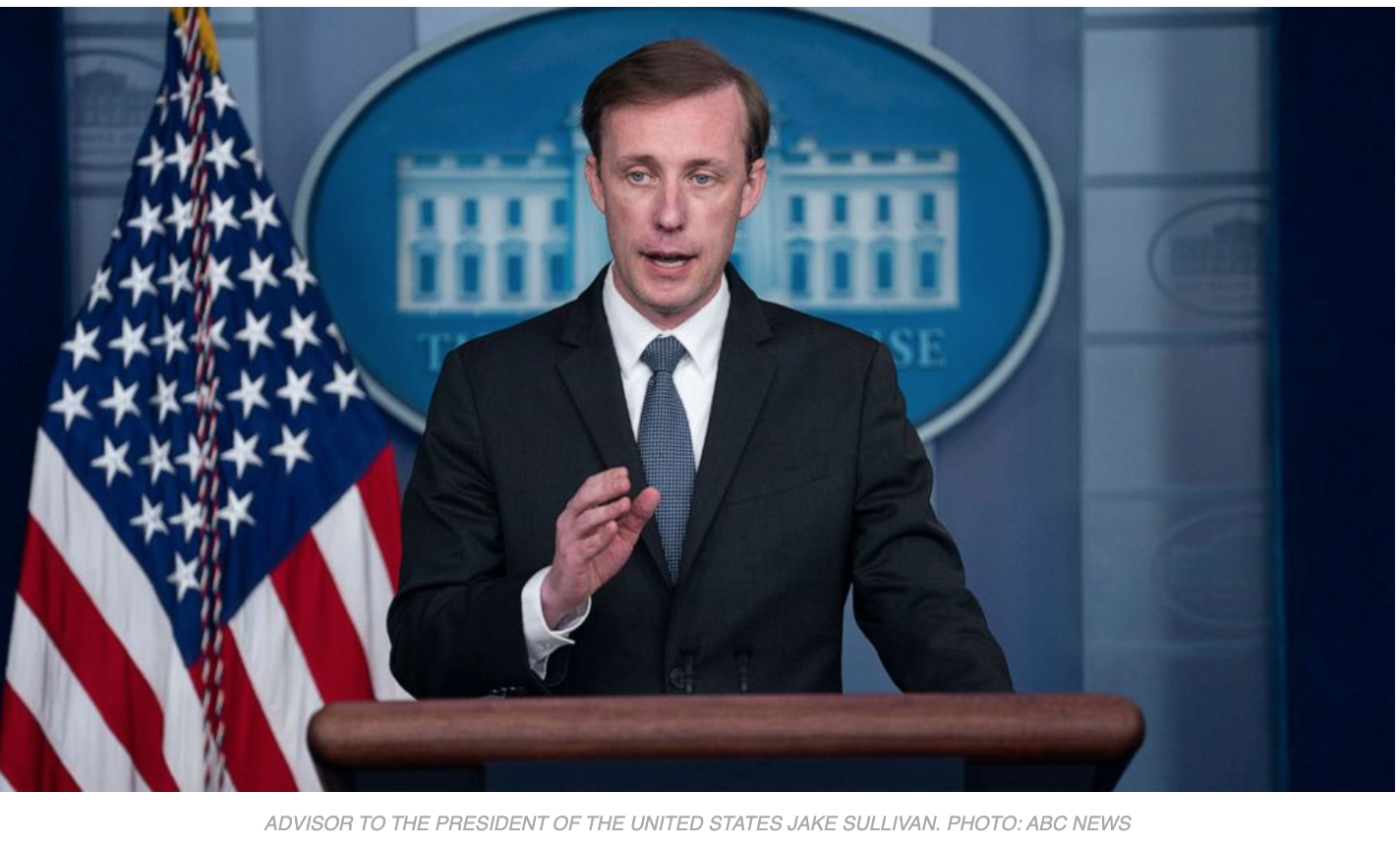Table of Contents
Unveiling India’s 2024 Election: Titans, Underdogs, and the Battle for Political Supremacy

In the vibrant tapestry of Indian politics, India’s 2024 Election stands as a pivotal moment, poised to reshape the nation’s trajectory. At its core lies a complex web of power dynamics, where established leaders like Narendra Modi and emerging contenders, the dark horses, vie for dominance amidst shifting political landscapes.
First and foremost, understanding the figure of Narendra Modi is essential. As the incumbent Prime Minister and the face of the Bharatiya Janata Party (BJP), Modi wields considerable influence. His tenure has been marked by a mix of economic reforms, nationalist rhetoric, and controversial policies. However, his popularity remains a subject of debate, with supporters lauding his decisive leadership while critics raise concerns over issues such as religious polarization and economic disparity.
Yet, Modi’s dominance is not unchallenged. Opposition parties, including the Indian National Congress and regional players like the Aam Aadmi Party and Trinamool Congress, have been actively strategizing to counter the BJP’s hold. These parties represent diverse ideologies and constituencies, adding layers of complexity to the electoral landscape.
Amidst this backdrop, the concept of “dark horses” emerges – lesser-known candidates or parties who possess the potential to disrupt the established order. These dark horses may lack the widespread recognition of Modi or the backing of established political machinery, but they bring fresh perspectives and grassroots support to the table.

Unveiling the Key Factors Shaping India’s 2024 Election Power Dynamics
India’s forthcoming 2024 election is poised to be a battleground where the fate of the nation hangs in the balance. Delving into the intricacies of this political spectacle reveals a tapestry woven with diverse threads, each contributing to the intricate power dynamics at play. At the forefront stands the towering figure of Narendra Modi, the incumbent Prime Minister, whose leadership style and policy decisions have polarized opinions across the country. Yet, beyond Modi’s persona, a multitude of factors shape the electoral landscape. Regional dynamics, fueled by linguistic and cultural identities, influence voter sentiments and party strategies. Socioeconomic disparities, ranging from unemployment to access to healthcare, serve as touchstones for political discourse, with candidates vying to address pressing societal issues. Furthermore, the role of technology and media cannot be understated, as digital platforms amplify political messaging and mobilize voters. Additionally, the emergence of alternative narratives and grassroots movements injects a sense of dynamism, challenging established political paradigms. Against this backdrop, the 2024 election unfolds as a crucible where ambition clashes with ideology, and the aspirations of millions intersect with the corridors of power. Understanding these key factors is imperative for deciphering the complex web of India’s electoral dynamics and anticipating the trajectory of its democratic journey.

Battle for Political Supremacy
In the intricate mosaic of India’s political arena, the 2024 election looms large, heralding a clash of titans and underdogs alike. At the forefront stands Narendra Modi, the incumbent Prime Minister, whose charismatic leadership and polarizing policies have left an indelible mark on the nation’s consciousness. Yet, amidst Modi’s towering presence, a diverse array of dark horses emerges, embodying aspirations, ideologies, and aspirations that diverge from the mainstream narrative. These lesser-known contenders, drawn from regional parties, grassroots movements, and alternative political platforms, inject a sense of dynamism and uncertainty into the electoral landscape. As pundits dissect the nuances of power dynamics, from the corridors of power to the far-flung corners of the country, the 2024 election unfolds as a saga of ambition, intrigue, and the relentless pursuit of political supremacy.
The Crucial Factors Influencing India’s Election 2024
As India gears up for its 2024 election, the stakes for its democratic foundation couldn’t be higher. This pivotal moment in the nation’s history is shaped by a myriad of crucial factors that influence decision-making processes across the political spectrum.
- Economic Landscape: Economic policies and performance play a significant role in shaping voter sentiment. Issues such as job creation, inflation, and GDP growth impact citizens’ lives directly, making them central to electoral discourse.
- Social Justice and Equity: India’s diverse society grapples with deep-rooted inequalities based on caste, gender, and socio-economic status. Parties’ approaches to addressing these disparities and promoting social justice resonate strongly with voters.
- Security Concerns: National security, border disputes, and terrorism remain perennial concerns for Indian citizens. Candidates and parties’ ability to articulate robust strategies to safeguard the nation’s integrity and protect its citizens influence electoral outcomes.
- Environmental Sustainability: With environmental degradation posing significant challenges, voters increasingly prioritize candidates’ stances on climate change, pollution control, and sustainable development.
- Technological Advancements: The role of technology in governance and public service delivery is gaining prominence. Candidates’ proposals for leveraging technology to improve governance and enhance citizen engagement resonate with tech-savvy voters.
- Political Alliances and Coalitions: Strategic alliances formed among political parties can significantly impact electoral outcomes. The dynamics of coalition politics, including seat-sharing agreements and ideological alignments, shape the electoral landscape.
- Media Influence: Traditional and social media platforms wield considerable influence in shaping public opinion. Candidates’ media strategies, messaging, and ability to navigate the media landscape play a crucial role in winning voter trust and support.

Conclusion India’s 2024 Election : Democracy at Stake
The Crucial Factors Influencing India’s Election 2024 Decision-Making” underscores the intricate interplay of socio-economic, identity-based, technological, and geopolitical factors that define the electoral landscape in India. As the nation grapples with these complexities, the stakes are high, and the choices made by voters and political actors alike will have far-reaching implications for the future of Indian democracy.




